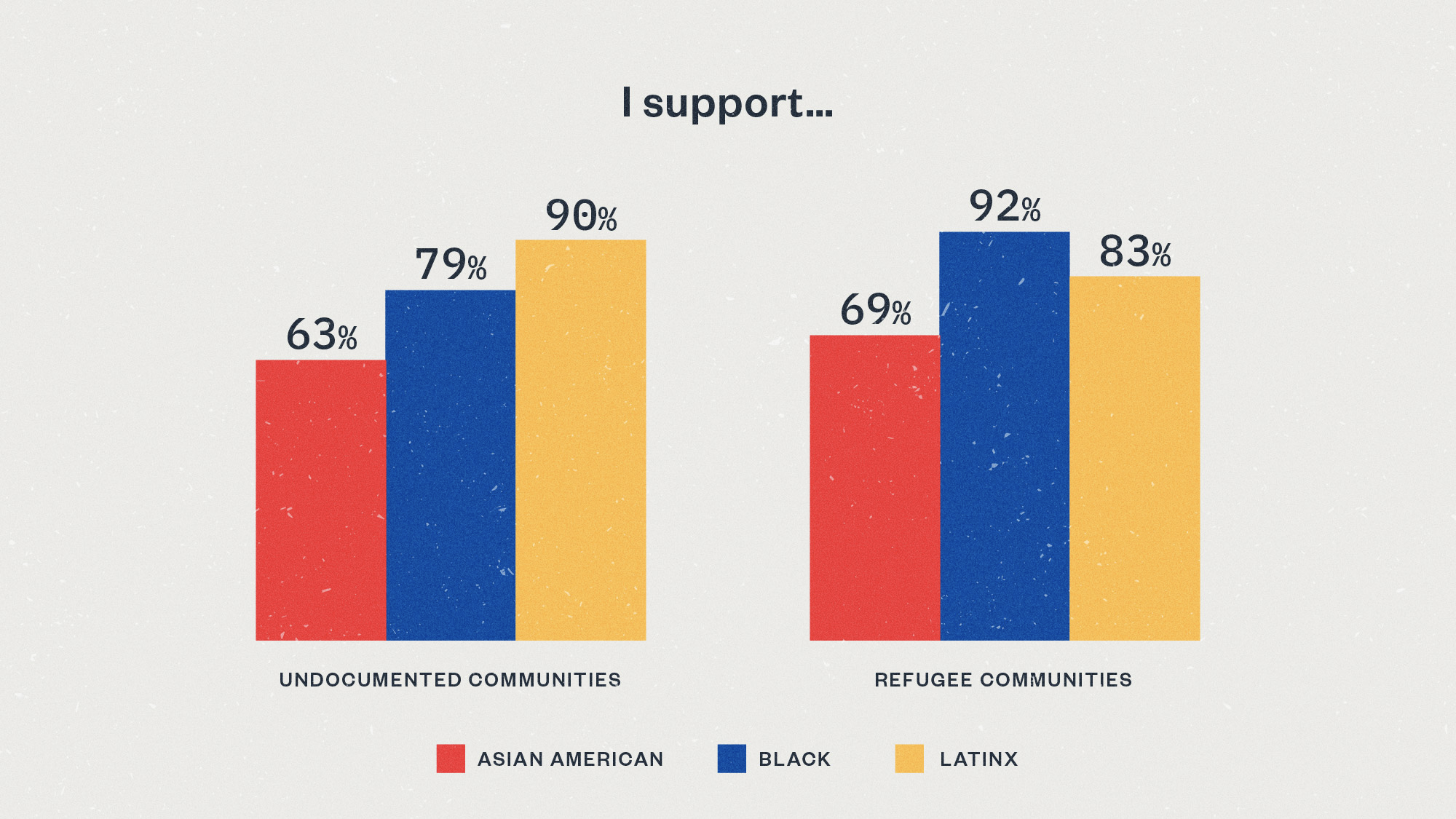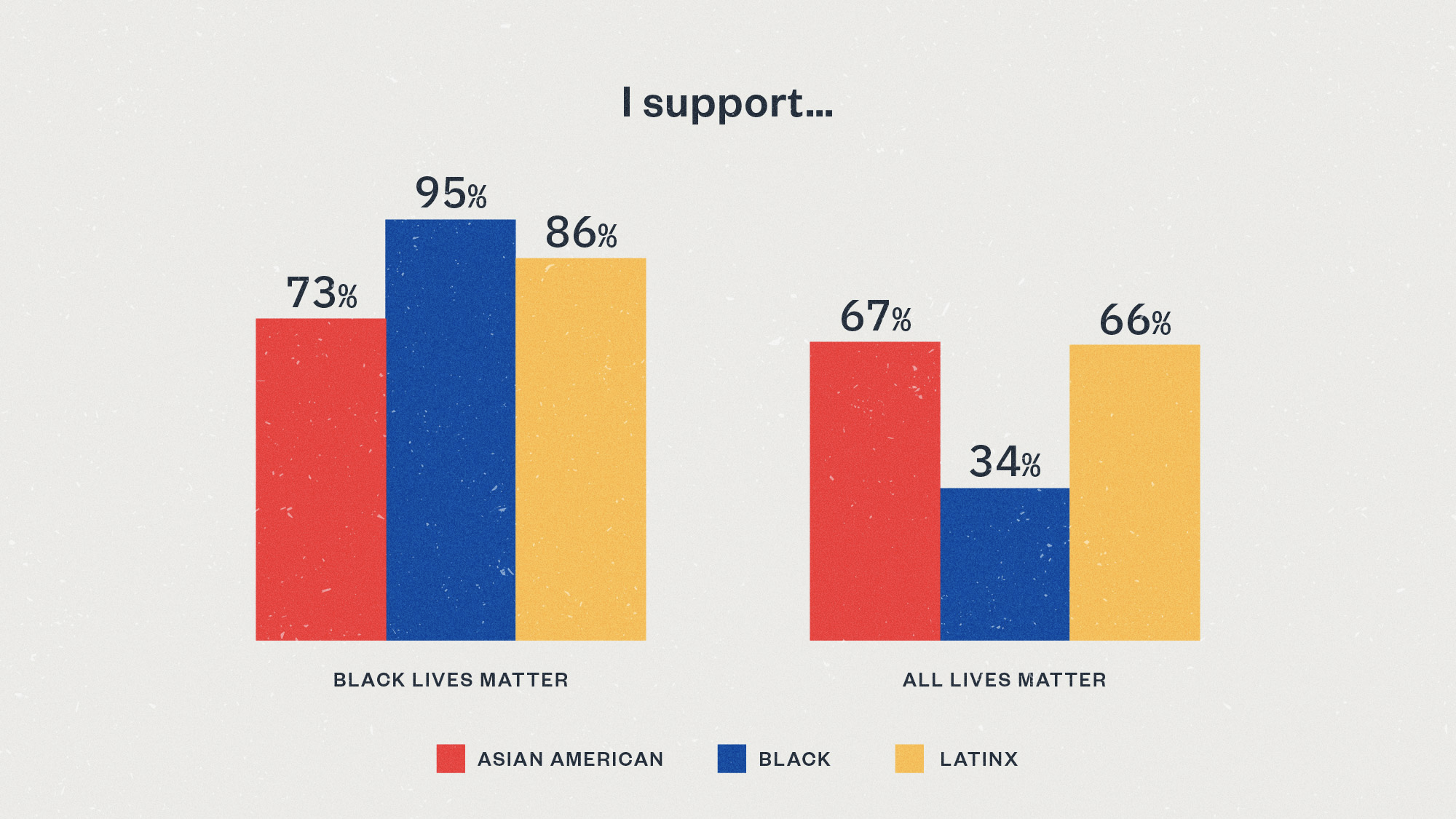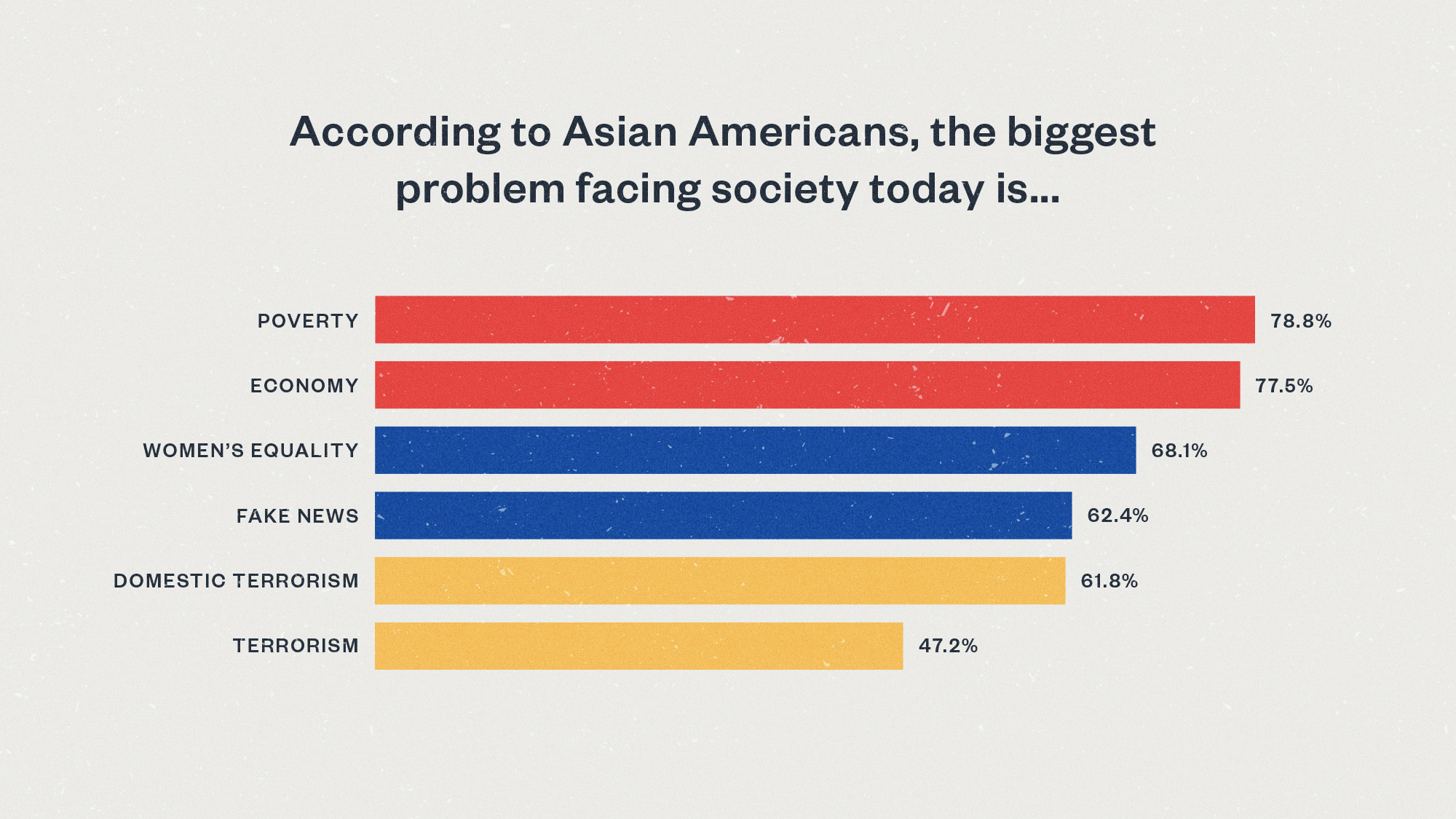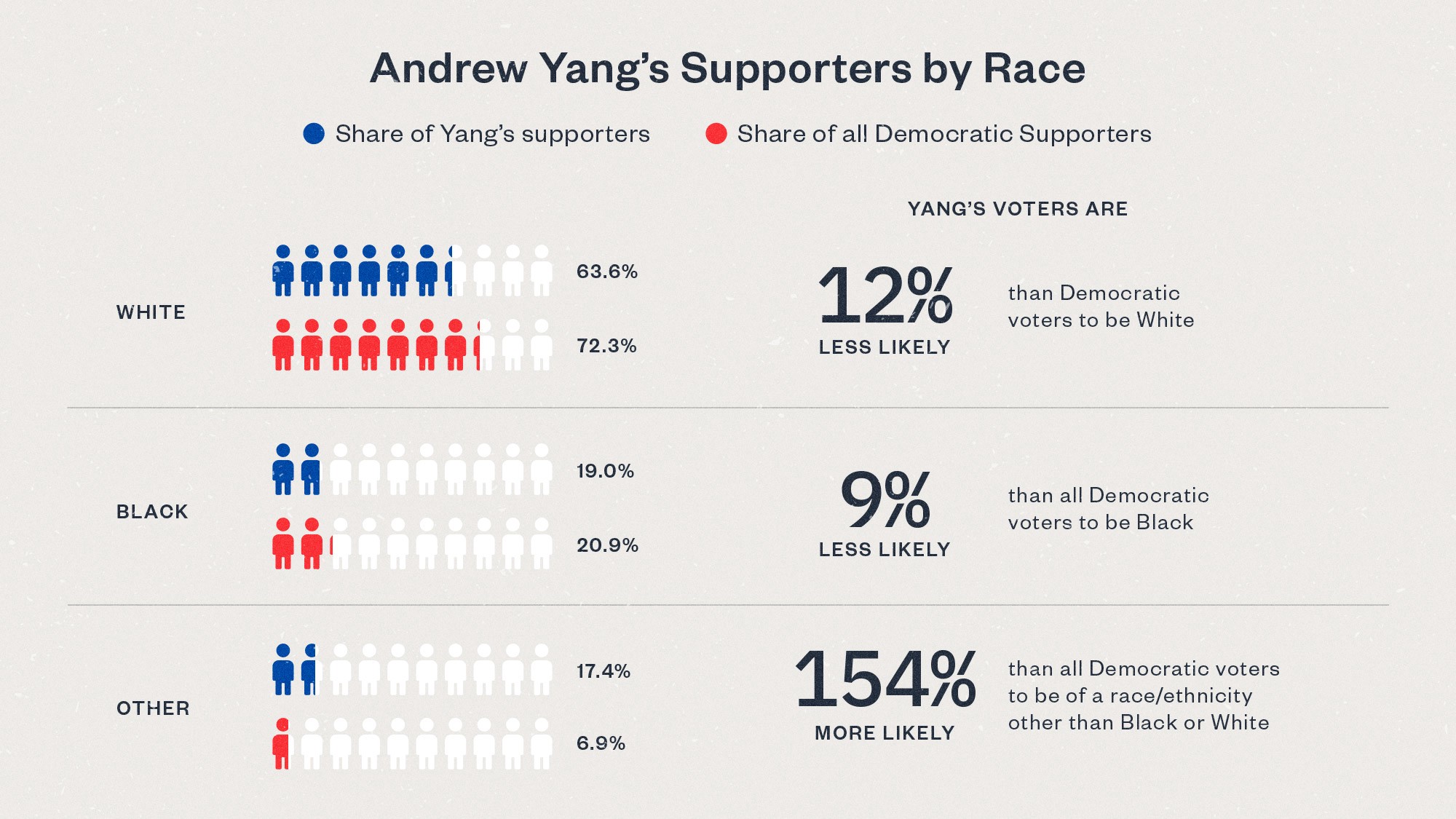Lessons from the “Fringes”: Trump, Yang, and the Asian American Young Voter

Problematic use of stereotypes aside, Andrew Yang’s trusty line — “The opposite of Donald Trump is an Asian man who likes math” — couldn’t be more right or wrong depending on how you look at it.
When you closely observe Yang’s ever-growing gang (pun intended) of supporters, they run the gamut from optimistic first-time voters to disenchanted voters, Silicon Valley tech workers to blue collar workers, and socialists to libertarians. Likewise, Trump managed to wrangle together a unique cadre of voters: vast numbers of white non-college voters and middle-class suburbanites across the nation, including the Northeast and Midwest — a reversal of what was a Democratic Party stronghold. Like Trump’s supporters, Yang’s supporters believe they are finally hearing an anti-establishment candidate with tangible, real world ideas.
What Trump and Yang represent is the breakdown of politics as we know it. While we may have heard that loud and clear in 2016, the media’s continued blind spot towards Andrew Yang’s successes are clear indications that political pundits are clinging onto the past.
THE YOUNG ASIAN AMERICAN VOTER
Like Andrew Yang and Donald Trump, the Asian American voter doesn’t fit into a tidy box. If we were to jettison established political categories, we may actually see them as a key indicator of our electoral future and not just relegate them as a small segment that doesn’t matter.
In a survey conducted by the Asian American Transnational Research Initiative (AATRI) at Cal Poly Pomona of its Southern California Millennial and Gen Z (referred to as “MillenniGenZs”) student population, the data reveals that Asian Americans do not conform to the liberal vs. conservative or Black vs. White dichotomies.
Race is Not Top of Mind
With about 60% of all Asian Americans being foreign-born, it is somewhat assumed that the issues surrounding undocumented and refugee communities would be closer to home. Yet, in the AATRI survey, about two-thirds of Asian American youth support undocumented communities and refugee communities — the lowest level of support compared to their Black and Latinx counterparts.

When it comes to supporting Black Lives Matter, Asian Americans’ support again ranked the lowest. This is compared to support for All Lives Matter, in which Asian Americans ranked the highest, compared to their Black and Latinx MillenniGenZ counterparts.

Asian Americans’ lackluster support for issues that impact ethnic and racial minorities is likely due to lack of awareness and education, driven by the fact that many do not see themselves in the narratives. More still, according to Professor Mary Y. Danico, who runs the AATRI study, there is a great divide among younger generations with some hyper engaged in race politics and others who are growing more disillusioned by it. “Many Gen Zs think society has become too PC and are turned off,” Danico explains.
Diverting further away from their Latinx and Black peers who overwhelmingly identify as Democrats (70%+), 20% of Asian Americans are identifying as Independent, according to the AATRI survey.
Money Matters
So, what do they care about? Money.
In the same survey conducted by Cal Poly Pomona, when asked what they thought was the biggest problem facing society today, poverty and the economy rose to the top.

The focus on money is undoubtedly due to the fact that MillenniGenZs came of age with the scar of the Great Recession still fresh. Their pessimism about their financial future is made even clearer with just 40.6% of Asian Americans respondents from the AATRI survey believing they will have an easier time establishing themselves than their parents (the lowest again compared to Black and Latinx students). This, despite that many of their parents immigrated to the US and established themselves from the ground up, language barriers and all.
REDRAWING POLITICAL LINES
So, what do Asian Americans, Trump, and Yang have in common? They put the economy first. Today’s bogeyman is another recession. Trump’s supporters turn a blind eye to his less-than-presidential antics because the US economy has seen record highs under his tenure. Yang not only qualified for the December 2019 debates — beating his more established colleagues like Sen. Cory Booker and former housing secretary Julian Castro — but is also turning out to be a formidable fundraiser, raising $16.5 million in the fourth quarter of 2019 alone. He has done so by having a singular platform based on universal basic income (UBI), or the “Freedom Dividend,” that to many Americans — including many Asian American younger voters — sound like an apolitical, smart strategy to ensure all Americans have a bright financial future in the midst of a bleak one.
To be clear, this is not intended to be an apology for a campaign that ignores race, gender, or other critical social issues — because they all matter, emphatically so. It is to highlight that a crop of young new voters is emerging and they should not be lumped into one monolithic, hyper-liberal bloc within the Democratic Party’s base.
Indeed, through the Yang Gang — or even through young Asian American voters because of the overwhelming numbers that support him — we can find this new strain of voters. The Yang Gang is neither heavily White nor Black, but “Other.” They don’t fit into the established binaries of liberal vs. conservative or black vs. white. Many are progressive, but think society has become too sensitive and don’t see race as relevant as the economy. They are drawn by new ideas about building the American economy and not necessarily social issues. Think Ted Talks, not political debates.

Now before one dismisses Asian American voters as an insignificant segment with little impact, what they care about and how they vote are good indicators of future patterns. By closely analyzing how they vote and what issues they care about, we may finally be compelled to redraw the categories that define voters so that they reflect modern realities.
_____
About the AATRI Generation Study
Millennials and Gen Zs (whom we call MilleniGenZs) were born in the early 1980s onward. Despite the volumes of research on these generations, there is minimal research on multicultural perspectives, especially Asian Americans. To correct this, Cal Poly Pomona’s Asian American Transnational Research Initiative (AATRI), with support from Intertrend Communications — a multicultural creative agency — started a longitudinal study evaluating the evolving attitudes and behaviors among our diverse youth population.
A survey was administered to nearly 1,000 MilleniGenZ students and graduates living in Southern California between January and June 2018. The survey included 184 questions in total around the topics of relationships, romance, political beliefs, social media participation, labor, and the future. We will continue surveying this population to track how their attitudes shift over time. AATRI is led by Dr. Mary Yu Danico (mkydanico@cpp.edu).
About Intertrend
Intertrend Communications is a multicultural creative agency in sunny Long Beach, CA. Here at Intertrend, we are unapologetically committed to telling the stories of diverse and often overlooked populations.